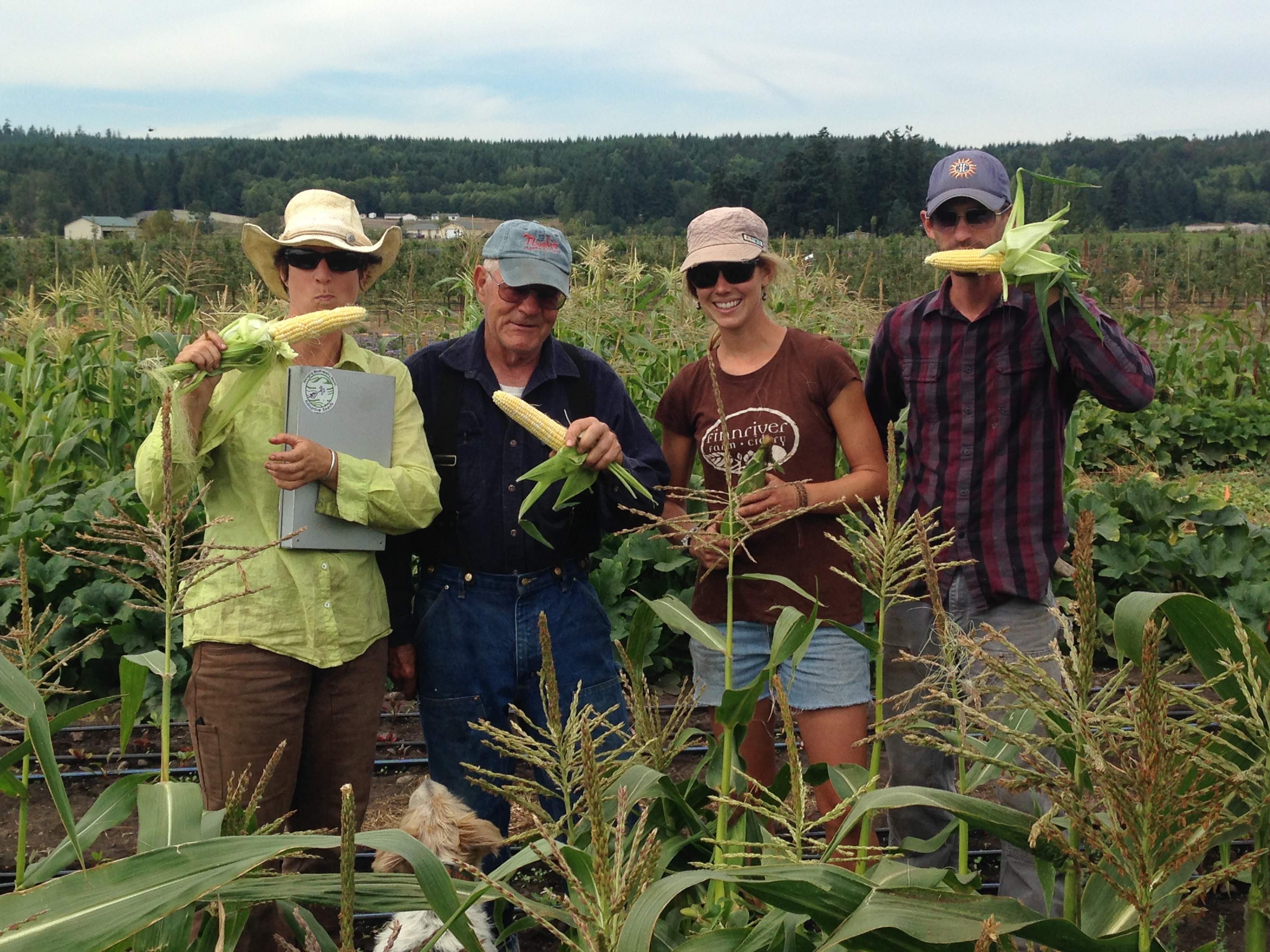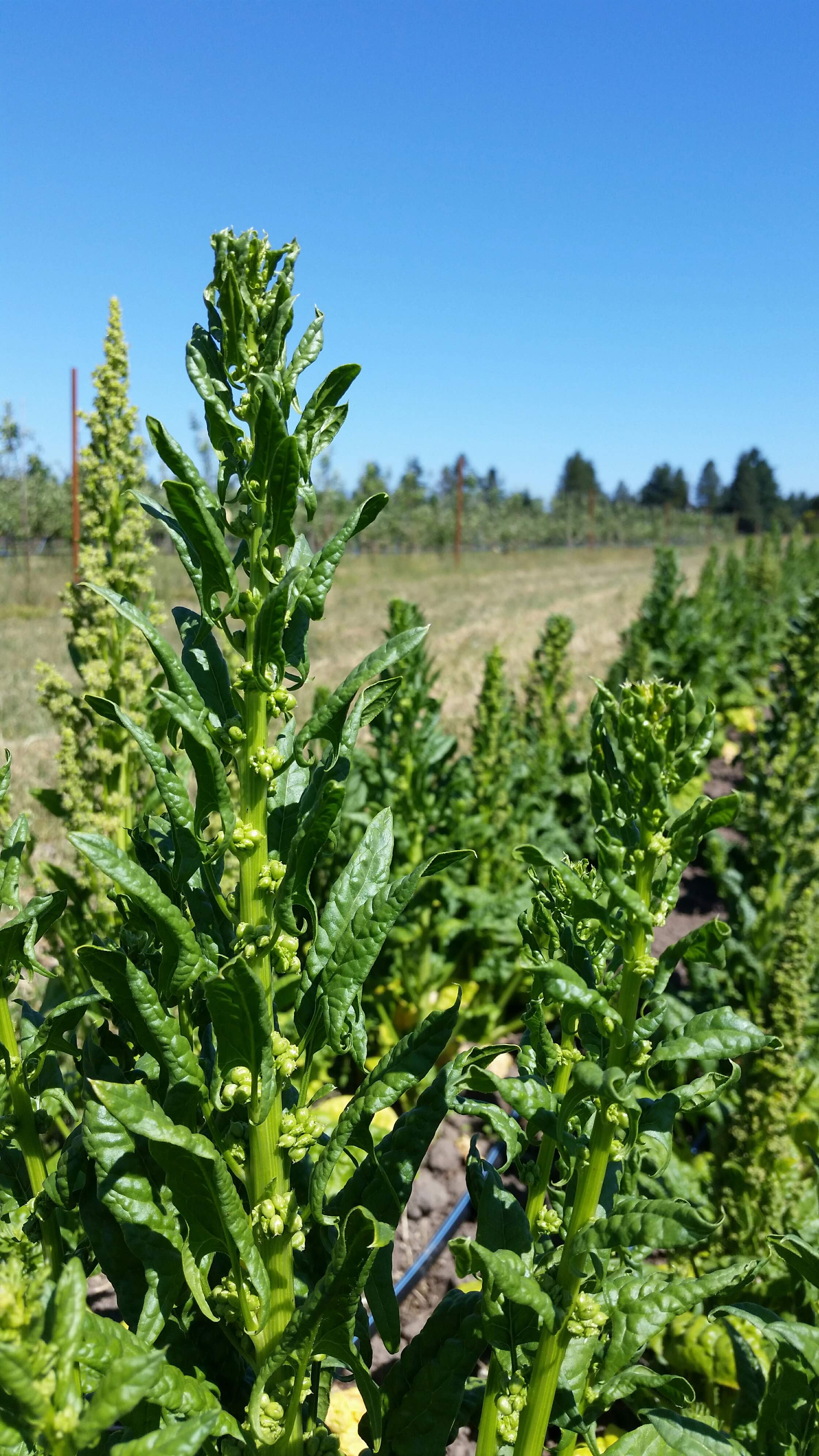On August 4, 2003, a fire consumed the offices of Abundant Life Seed Foundation in Port Townsend, WA. Lost was a seed collection of more than 2,300 varieties that had been preserved for three decades.
Though most of the seed collection was destroyed, Abundant Life still had the network of farmers who helped develop it. In fact, those farmers had about 150 varieties in their fields when the fire hit. They represented an important truth: protecting seed diversity also requires preserving the knowledge necessary to grow and sustain our seed supply.
Within months, Abundant Life re-built itself under a new name: Organic Seed Alliance (OSA). The founders were passionate about a new mission focused on research, education and advocacy, with the goal of empowering more growers to take control of their seed.

As OSA’s founders were reminded through the 2003 fire, seed is a living, natural resource best managed in the hands of many. Yet the stark reality of the seed industry today is that too much of our seed is managed by a few giant corporations (and it’s getting worse). To respond to these challenges, OSA is expanding solutions to troubling trends in seed — including consolidation and genetic engineering — from the ground up. It does this through research and education while simultaneously promoting the benefits of organic seed and advocating for sound policies.
Oregon Tilth and OSA are more than partners. We work together on our biennial conference, Organicology. We support each other in research and monitoring the state of organic seed. From co-authored policy recommendations to a research farm certified by Tilth, our relationship is rooted in a long history of collaboration.

As a lifetime nonprofit organization member, OSA is dedicated to engagement, community and supporting our shared values. “We partner with organizations like Oregon Tilth because, like at OSA, they take the long view when pursuing education and advocacy solutions that are transforming how we farm and what we eat,” said Kiki Hubbard, OSA’s communications director. “As a certifying nonprofit, they also understand how to balance progressive change with the practical needs of organic farmers and the communities they feed.”
Over a decade ago and out of the ashes, a new seed stewardship movement was born. Today, OSA works daily to demonstrate that seed is part of our common cultural heritage and demands careful management. With farmers squarely at the heart of their work and programs, OSA is equal parts leader and convener within our forward-looking community. “The organic seed community is strong and growing,” said Hubbard. “More people understand that seed is the embodiment of potential, of change. The more of us who show up and nudge evolution — be it in the field through selection or in policy work with a phone call — the faster and more impactful that change will be.”



















